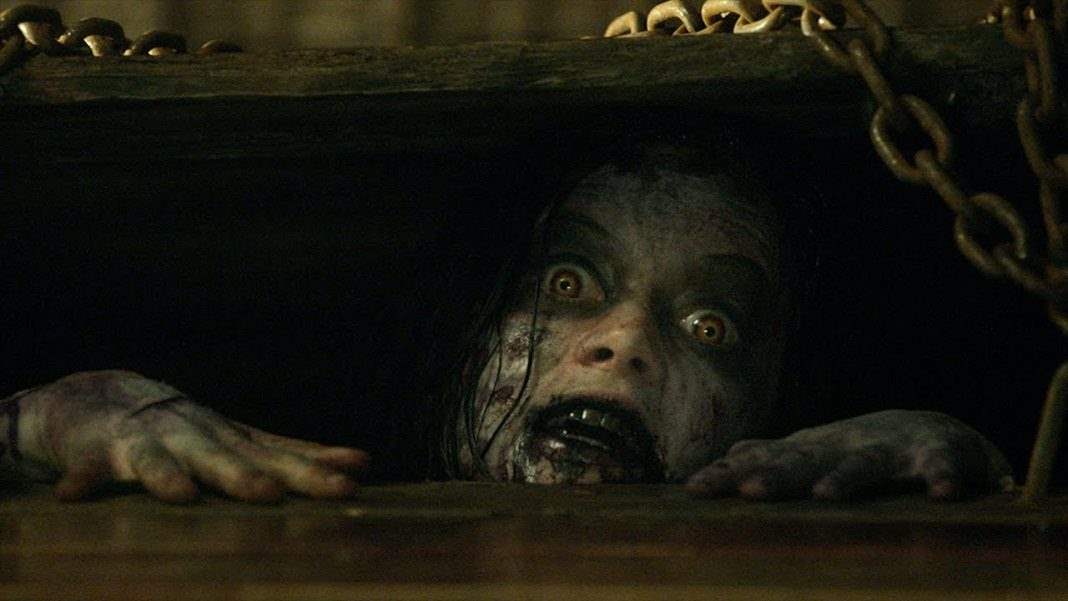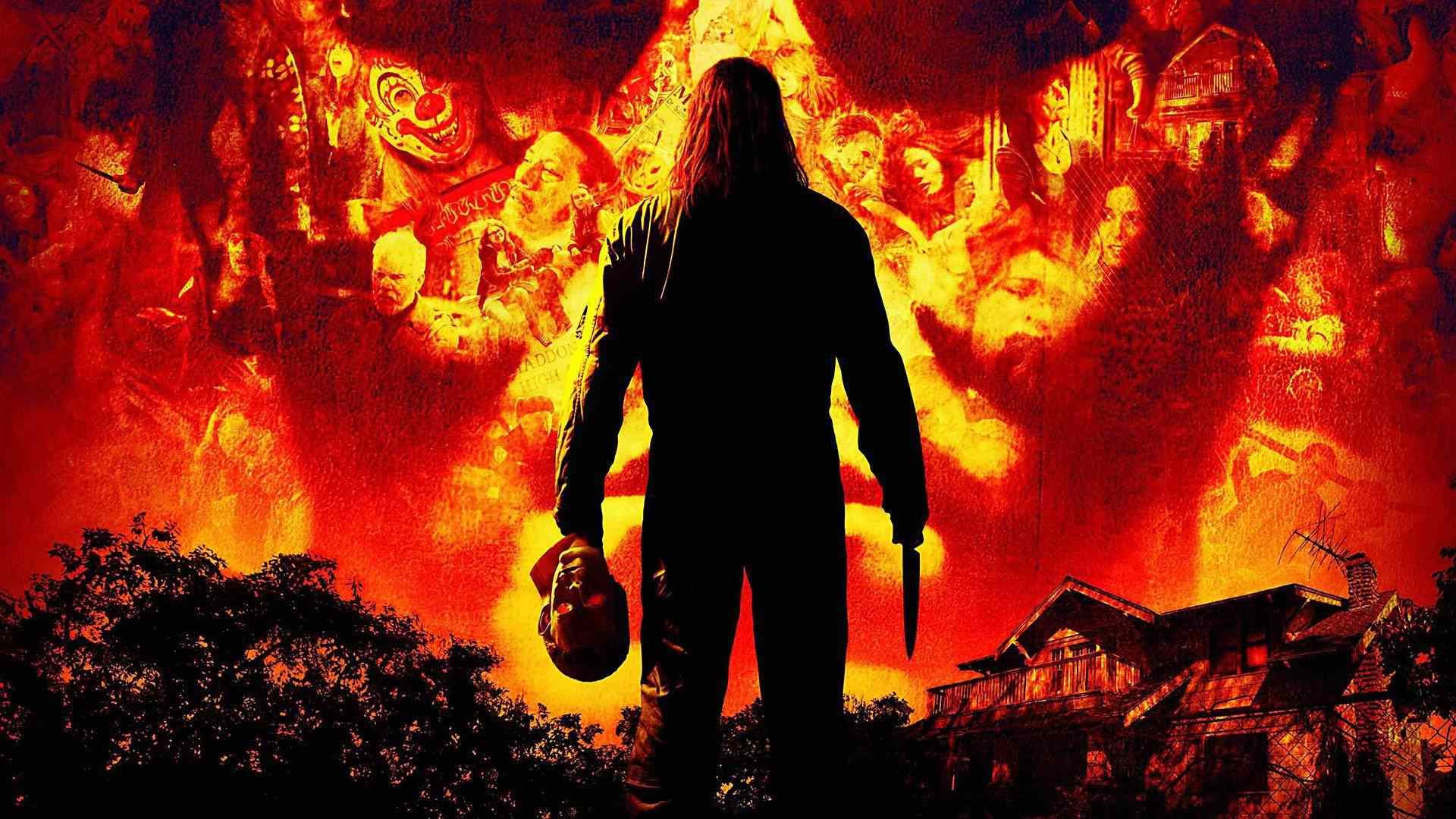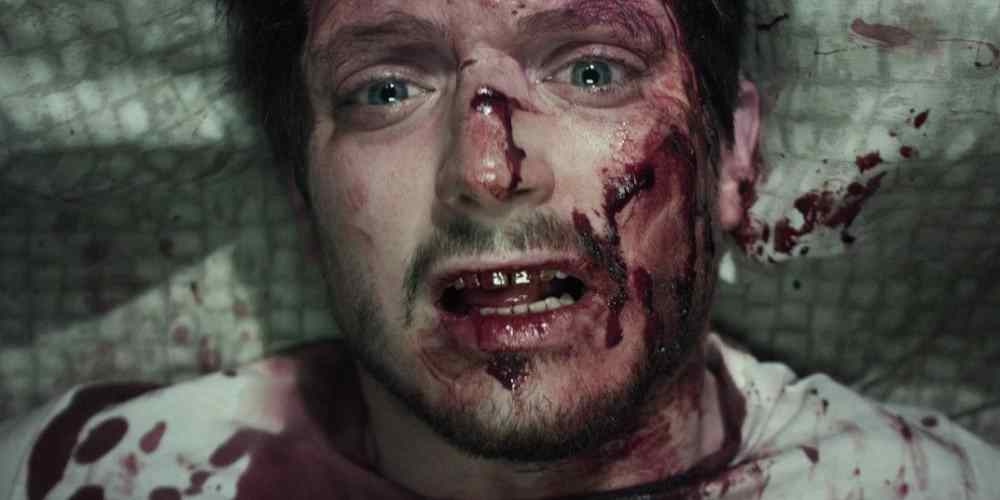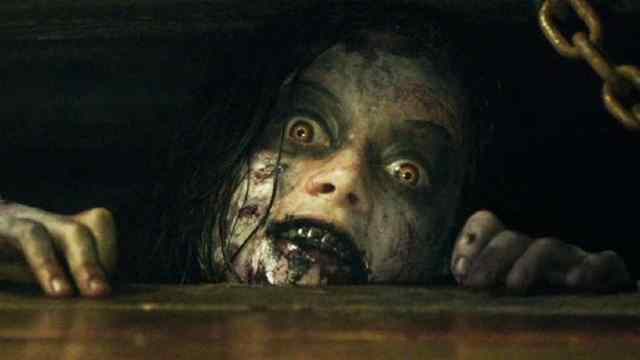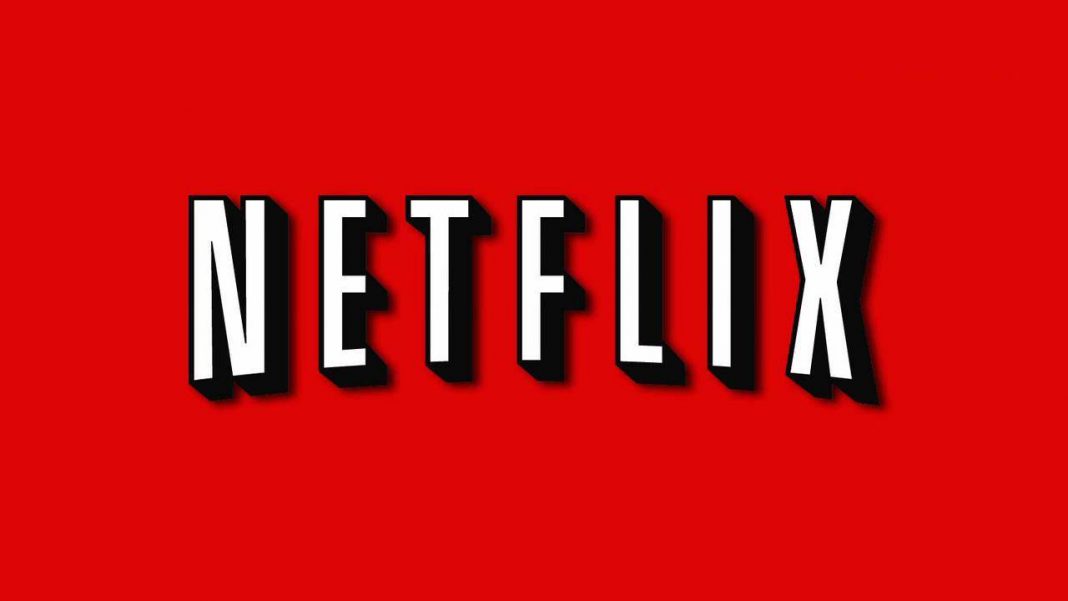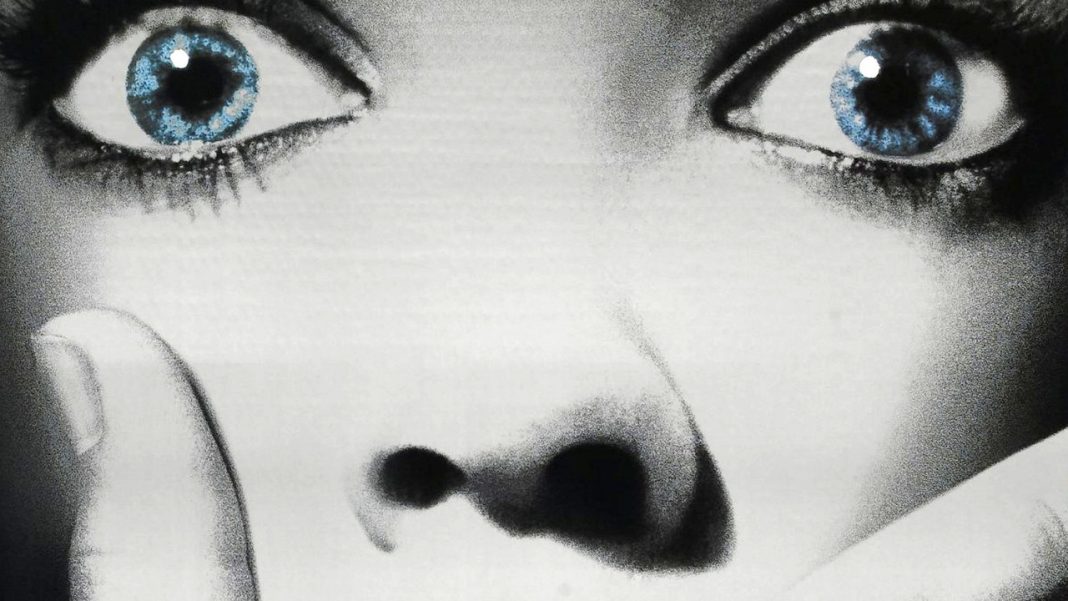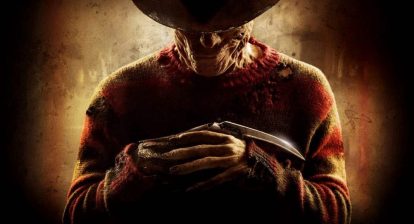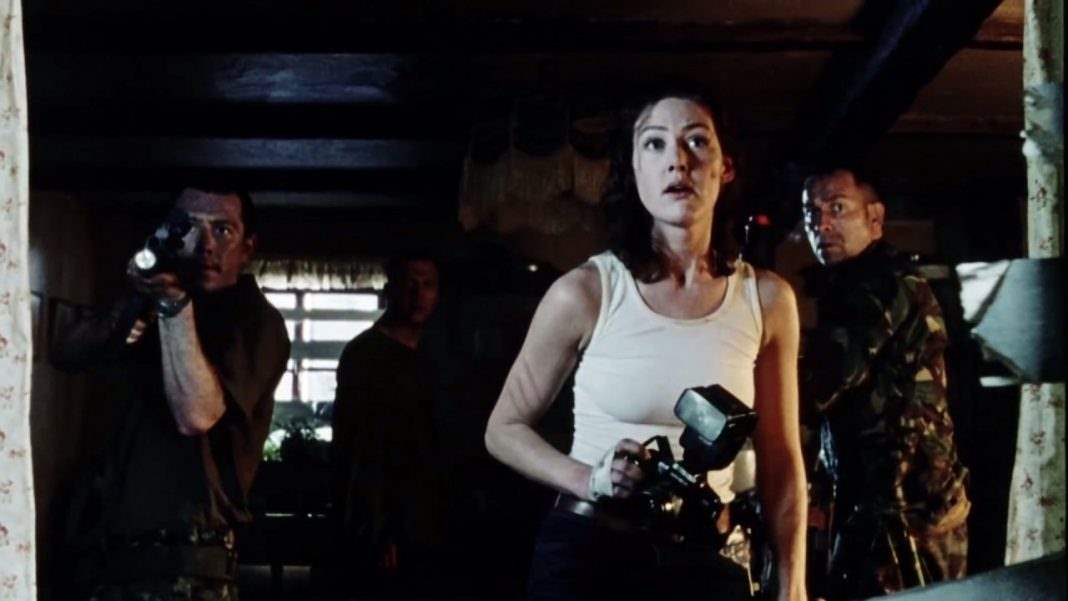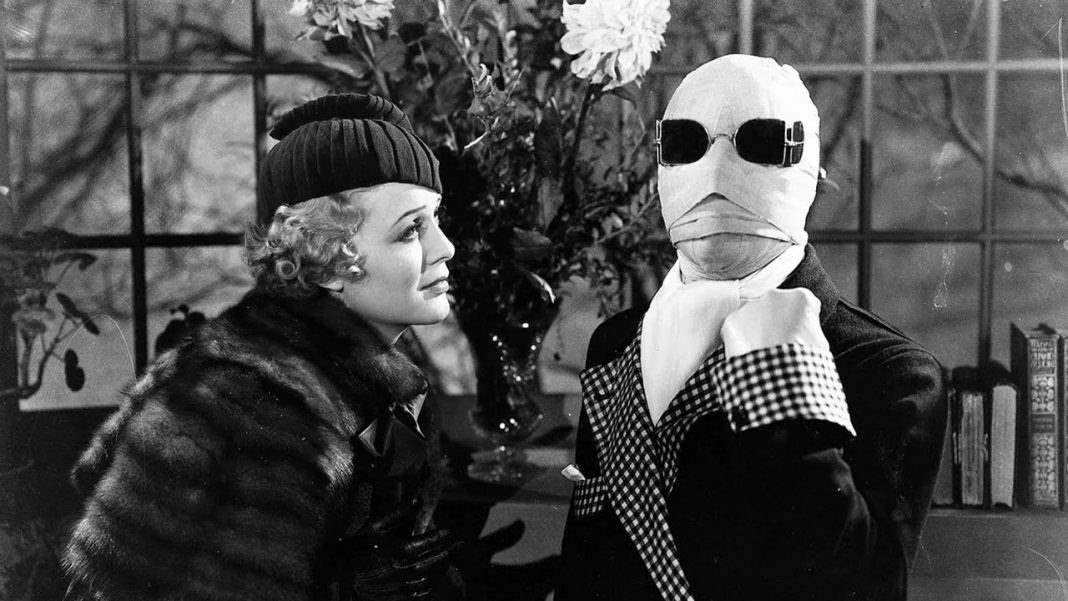The remake craze is dying down. Sure, there will always be remakes and there will always be remakes, but at no point have we had so many with the output that we saw from 2003-2009. We’re still getting some, but not all the time and not all at once. A good majority of that output was, unfortunately, pretty bad. I’m never one to condemn a remake simply by virtue of it being a remake and I enjoyed the success of some of them, even if I didn’t love the film itself, because successful horror only makes it easier on everyone else. Whether I personally enjoy it, a horror movie grossing millions at the box office only makes it easier for other horror filmmakers that I do enjoy and want to support to get their own projects off the ground.
It makes a lot of sense that so many of these modern remakes were not well received, given the circumstances. They were titles that were owned by major studios. After the success of Marcus Nispel’s Texas Chainsaw Massacre, remakes were in. And if it was a successful title, if it was a name people at least knew, then it was going to get remade. There wasn’t necessarily an overall concern for quality with these films. The studios weren’t looking at that at all. They had a title and they had a release date and if they met that date and their projected sum of money, that was what they considered to be a success.
Whether or not the movie had any merits at that point really came down to the people the studios decided to hire and the specific visions they had for their respective movies. Sometimes, even with talented people at the helm, it just didn’t work. Which s fair, considering the circumstances and how quickly these things were churned out. But others, against all odds, really had a point to make. These filmmakers had something to say and fought as hard as they could to say it.
The Hills Have Eyes
Alexandre Aja was still riding the success of his amazing French film High Tension when he was brought in to do The Hills Have Eyes. Unlike some directors that didn’t really fit the project, Aja was tailor-made for a movie like this. High Tension was clearly inspired by American exploitation features of the 1970’s and had the same kind of ferocity that was present in the original Hills. It took its predecessor’s post-Vietnam mentality and updated that for a post 9/11 world, as well as looking at things like the destruction of the family unit and the way society shuns the disabled, by and large.
While not making the film a meta deconstruction of the vampire genre did take away much of Fright Night’s relevancy, I do appreciate Marti Noxon’s script for turning the story into a commentary on traditional masculinity and look—as a woman—at this notion of a young male’s high school journey as “becoming a man” and what that is even supposed to mean. It’s about a sense of responsibility and a sense of place and while some characters from the original Fright Night certainly fit that better than others, it really works in those moments that stick closely to what it set out to do.
Again, Dawn of the Dead updates things for a post 9/11 world, which the zombie genre would then be focused on doing for the rest of the decade. Zombies are the ultimate biochemical outbreak and—in a lot of ways—are also the ultimate terrorist threat. Zack Snyder’s Dawn of the Dead really played on those cultural fears, mostly due to a very strong script by James Gunn. While the characters are changed for the most part, it sticks very closely to the structure of George Romero’s original and has a deep respect for that film while it paves its own path.
Regardless of what people thought of the film itself, Halloween perfectly represents the right kind of remake. It’s very similar to John Carpenter’s remake of The Thing in that it has a huge respect for the original but tells a very different version of the story. I don’t buy the notion that it would be a good movie if it wasn’t called Halloween, as so many fans have said. That would make it much less interesting. It’s an interesting picture precisely because it is such a different version of the same tale. It’s a completely different approach. Where Carpenter went supernatural, exploring larger themes of the personification of evil itself, Zombie is more focused on the development of a real serial killer and what that would look like. What would that version of Michael Myers look like? Whether or not people think that was successful, it deserves some credit for what it set out to do.
Again, Alexandre Aja provides a remake—this time as writer only—that really knocks it out of the park. Maniac is easily one of the best remakes since 2000. Here, the filmmakers stick close to the theme of the original and instead of changing or reworking it, they expand on it. William Lustig’s Maniac was about being inside the mind of a killer. In the remake, we are literally inside of the killer’s head, seeing the entire thing through his perspective. It’s POV, but not found footage and makes for an entirely unique viewing experience. Elijah Wood is great as the character and those reflected moments where we see his face are absolutely chilling.
Fede Alvarez’ impressive Evil Dead is a very different film from the original but, at the same time, remains respectful of everything the first movie accomplished. Here, the possession is somewhat of a metaphor for addiction. The character work, all except the blond girlfriend, is surprisingly good. It even makes sense that she would get the shaft, character wise, given that the heart of the story is very much focused on the relationship between her boyfriend and his sister. Those two and their disconnected place in each others lives, their attempt to reestablish their bond, that’s what really makes this Evil Dead work.
